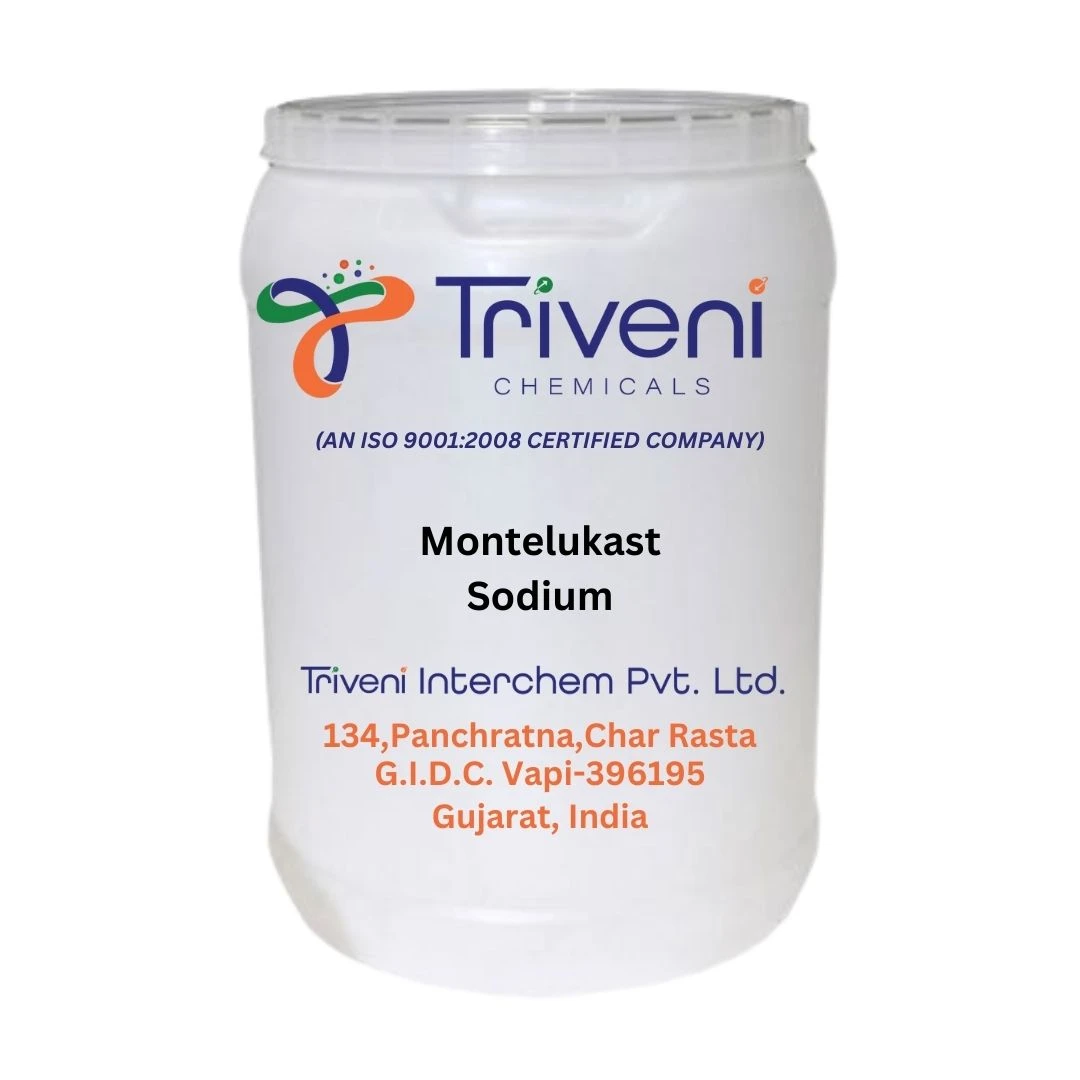One of the most upsetting symptoms of wheezing is usually a high-pitched whistling sound made during breathing. While seeking medical assistance is always advised for severe or persistent wheezing, there are a few methods that may help avoid or lessen wheezing episodes:Avoid Triggers: Recognize and stay away from things like..
One of the most upsetting symptoms of wheezing is usually a high-pitched whistling sound made during breathing. While seeking medical assistance is always advised for severe or persistent wheezing, there are a few methods that may help avoid or lessen wheezing episodes:Avoid Triggers: Recognize and stay away from things like smoking, pollen, dust mites, mold, and strong scents that can make wheezing worse. Wheezing can result from allergens and irritants irritating the airways. Preserve Clean Air: To get rid of allergies and pollutants in the air, use air purifiers or filters in your house. During periods of high pollen count, keep windows closed and use air conditioning to filter the air.Control Indoor Humidity: Mold and dust mites thrive in high humidity environments, which can exacerbate asthma symptoms. To keep interior humidity levels between 30 and 50%, use a dehumidifier.Maintain Good Hygiene: Wash your hands often to stop the transmission of respiratory illnesses, which can cause wheezing. Keep your distance from those who are sick with the flu or other respiratory conditions.Give Up Smoking and Keep Away from Secondhand Smoke: Both smoking and being around secondhand smoke can irritate the respiratory tract and cause wheezing. If you smoke, get help to stop. Don't go anywhere where smoking is permitted. Handle Stress: Respiratory problems, such as wheezing, might worsen when under stress. To assist lower stress, engage in relaxation practices like yoga, tai chi, meditation, or deep breathing exercises.Exercise Frequently: Frequent exercise helps enhance respiratory health in general and lung function in particular. However, discuss the right measures and drugs with your doctor if exercise-induced wheezing is a problem.Keep Your Weight in Check: Being overweight can exacerbate respiratory issues like wheezing. Maintain a healthy weight by eating a balanced diet and doing frequent exercise.Adhere to Medication Regimens: Take prescription drugs as instructed by your doctor if you have asthma or other respiratory disorders. Medication used for long-term control may help stop wheezing fits.Remain Hydrated: To keep mucus thin and airways wet, drink lots of water. This can help lower the chance of wheezing.Wheezing episodes may become less frequent and less severe if you include these preventive steps into your everyday routine. For tailored guidance and treatment suggestions, it's crucial to speak with a healthcare provider, nevertheless.



